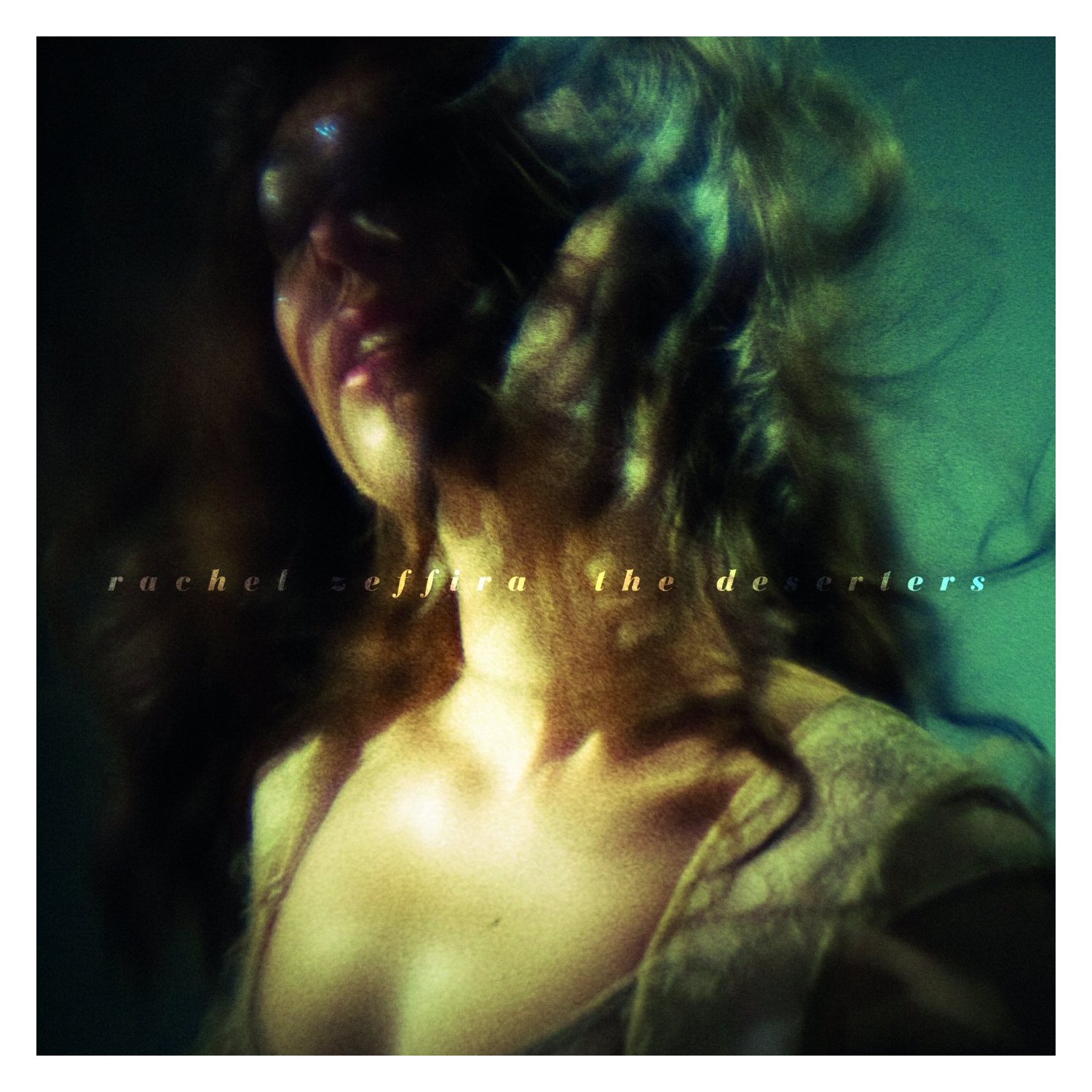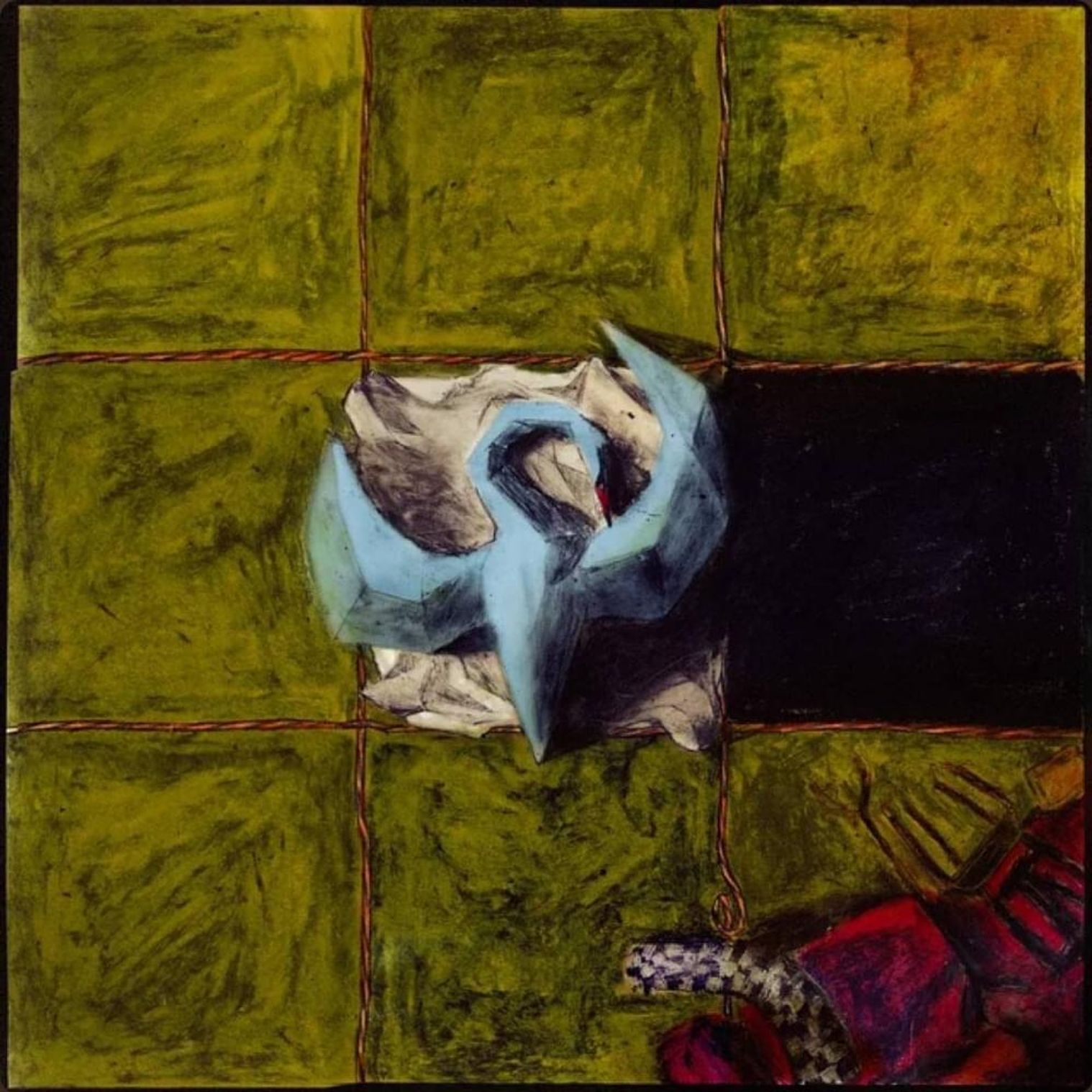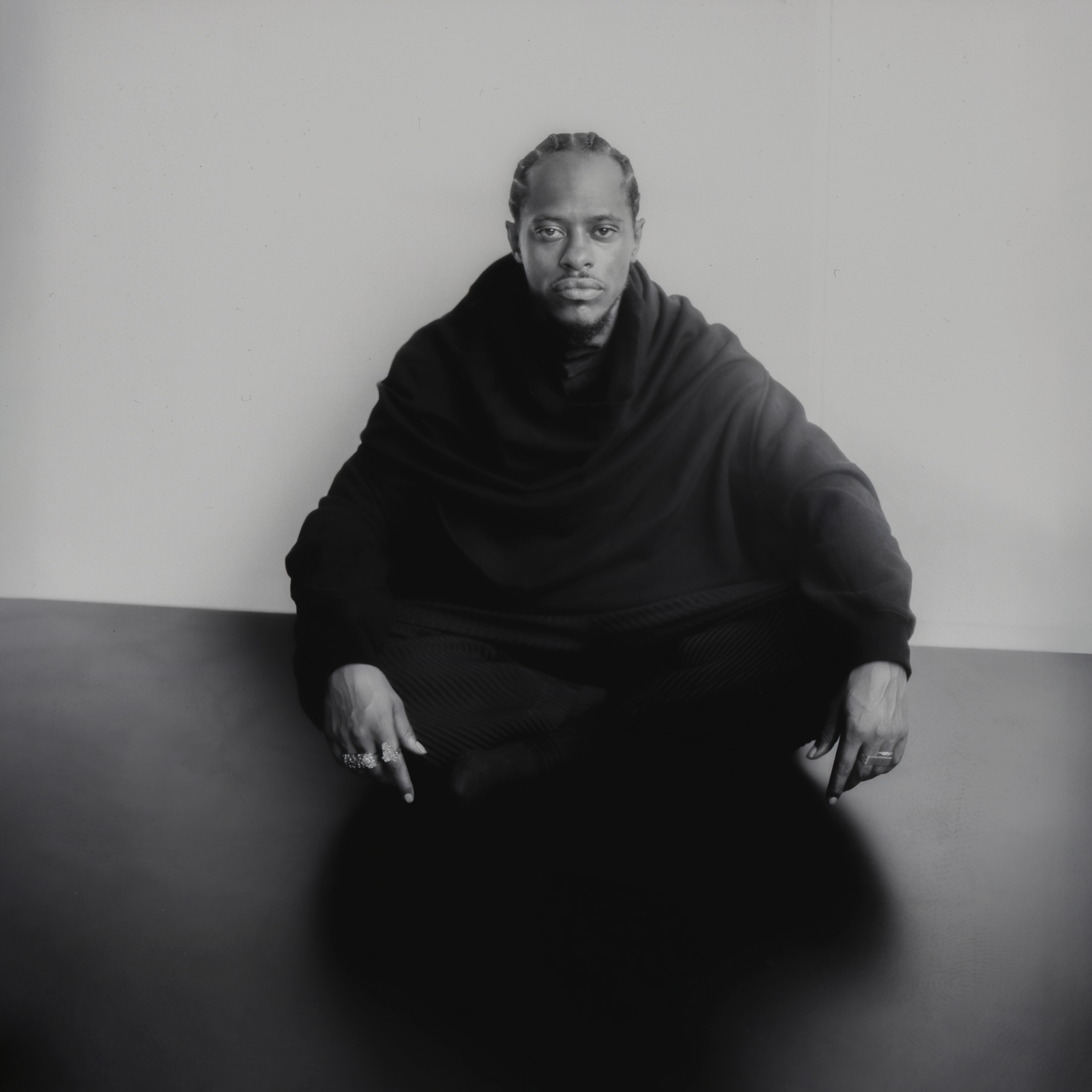You have to have a lot of balls to cover My Bloody Valentine, a band nobody's ever going to match guitar swirl-for-guitar swirl. The Canadian singer Rachel Zeffira has that. But in her take on "To Here Knows When," Zeffira does things with that band's incandescent smear that I've never heard anybody try. Zeffira has a full orchestra behind her, and she's got pianos and strings and woodwinds doing versions of every one of that song's primordial mush. And even though all the pieces of the tune are familiar, it comes out sounding clear and meditative, with a minimal calm that reminds me more of Erik Satie than Kevin Shields. Rather than singing in an approximation of Bilinda Butcher's drowning-in-sound sighs, Zeffira sings in a realxed, poised, matter-of-fact tone, one that puts the song's focus on the crystalline beauty of her voice rather than the special effects that surround it. And so the amniotic roil of the original song becomes a distant memory, one only hinted at. Like just about everything on The Deserters, Zeffira's debut solo album, it sounds like a clear, calm surface, with turbulent waters churning below.
Zeffira is a classically trained opera singer who's studied in Italy and performed for at least one Pope, but we know her because she's half of the duo Cat's Eyes, along with Horrors frontman Faris Badwan. Two years ago, they released a pretty great self-titled debut album, one that hinted at expansive postpunk and '60s pop-music classicism. But The Deserters is a decidedly more inward-looking affair, elaborately constructing an air of hushed quiet. The orchestra that backs Zeffira on every song here was recorded at Abbey Road, and it sounds like it; you can hear every woodwind trill with perfect clarity. But the orchestra's not there for grandeur; Zeffira's arrangements are quietly impressionistic things, simple sounds that slowly encircle. It's almost a shock when electronic burbles and restrained dance-music drums kick in on the aptly titled "Break The Spell," but even then, the songs flutter and sooth.
There's plenty of variation in the album's immaculate calm. "Front Door" and a couple of others tinker with old-school pop-music structures and melodies, even if there's nothing simple about the sounds themselves. "Waiting for Sylvia" explicitly recalls the wide-eyed, psychedelic music that Nancy Sinatra made with Lee Hazlewood. The aforementioned "Break The Spell" has some of the Horrors' pulse to it. But the album's exquisite calm stays consistent throughout. The Deserters came out in December in England, which seems just about perfect. It's an album for snowy Sunday mornings, for throwing on as you stare out the window at the morning light, while everyone else in your house is still asleep.
Zeffira has this soprano voice that sounds like polished glass, and she enunciates every word perfectly. Opera's loss is our gain, since she's able to convey feelings of sweeping desperation without ever overselling them, without shattering her music's mood. Even her words are plain. "No one can make me change my mind," she sings on a song called "Letters From Tokyo (Sayonara)," and your mind fills in the story's blanks. Those gifts -- that voice, that sense of calm, those elaborate orchestrations that ripple rather than soar -- make Zeffira a tough artist to categorize, and an easy one to overlook, especially since The Deserters isn't an album that surges forward to grab your attention. But when you let it sink in, the album is an exacting and powerful piece of work, one that lingers long after you're done listening to it.
The Deserters is out now on Paper Bag. Stream it here.
[videoembed size="full_width" alignment="center"][/videoembed]
[videoembed size="full_width" alignment="center"][/videoembed]
Other albums of note out this week:
• David Bowie's stunning and out-of-nowhere return-to-form The Next Day.
• Dave Grohl and his friends' goofy fantasy-rock-camp all-star pileup Sound City: Real To Reel.
• Devendra Banhart's eclectic, elusive wandering-spirit album Mala.
• Biffy Clyro's Brit-rocking, Michael-beloved Opposites.
• The Mary Onettes' '80s-indebted and very Swedish Hit The Waves.






